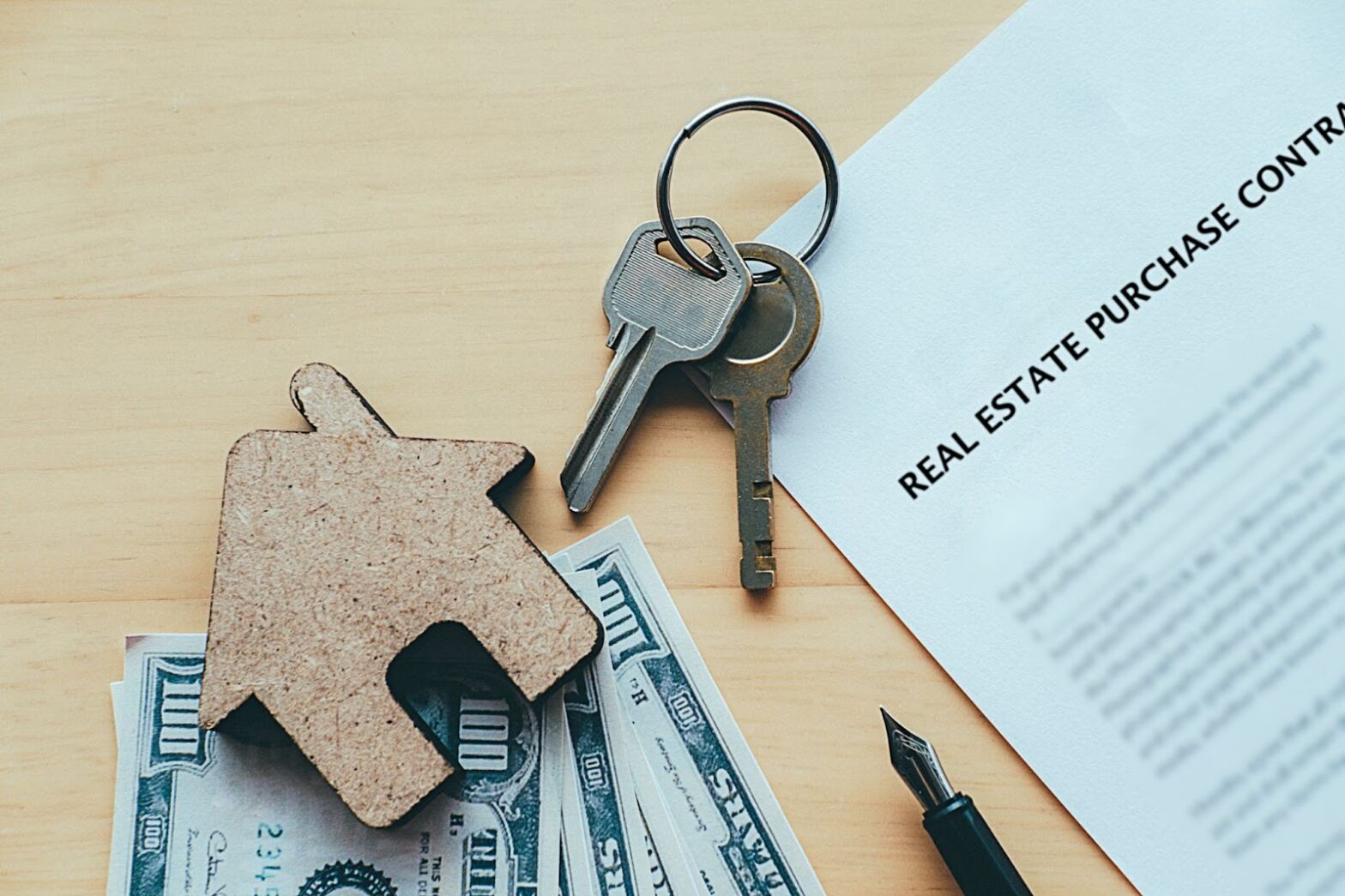A variety of enterprises, from parking lots to agricultural, may use vacant property as a type of real estate investment to generate substantial profits. It takes extensive research and knowledge of varying land types, features, and uses to learn how to buy land.
Find the land you want to buy, then research important aspects like ownership and location history before financing the purchase. Despite the fact that buying land from a private seller can be a low-cost, hands-off investment, keep in mind that it’s often more challenging to make money from it than from buying a house.
Buying land can be difficult, whether you want to use it for farming, recreation, or a family home. Here are a few tips on buying land from a private seller.
- Find Land for Sale
Your hunt for land can be greatly assisted by a real estate professional. However, you can also do it yourself. In newspaper classified advertising, you can find landowners trying to sell their land on their own. For those looking to purchase agricultural or hunting land, a specialty magazine or newsletter might showcase specific parcels of land.
There are also numerous web resources where you can find listings for commercial real estate. LandCentury, LandWatch, and Land and Farm are specialized websites for finding land, among others. Even generic websites like Craigslist have listings.
- Research the Property
When looking for land to buy, do your research before submitting an offer. Here are some critical considerations:
- Land use restrictions and zoning: Is your ideal remote property better suited for business, industrial, or agricultural use than for residential use? Will a county road or shopping center ever be constructed close to the property? To find out about local laws and any development projects that might have an impact on your lot, check the website of your local zoning authority or pay a visit to a town hall in person.
- Utilities: Are there water, sewage, and electrical connections on the property? You’ll have to install them if not. Bringing electricity to a rural area might be incredibly expensive. The cost of a septic system could reach $40,000 because it is unlikely that a sewer connection will be available in a rural area.
- Property taxes: The majority of raw landowners work to make sure that their parcels qualify for agricultural exemptions because property taxes on a piece of land can be expensive and make holding the property for a long time economically impossible.
- Road access: Is there a public road that leads to the property? A road may need to be built with an easement if not.
- Get Your Financing in Order
You should prepare some paperwork because you intend to make a cash offer. The seller will probably demand proof of payment up front. The ability to pay the security deposit and closing charges is something that sellers want to see.
The entity where your funds are kept must issue an official letterhead as proof of your funds. The balance of the account should be provided together with the date and the account holder’s name. A seller may also accept a copy of the balance in a money market account, a bank statement, or an open equity line of credit as proof that the buyer has money.
- Check the Title
Liens can be put on real estate, much like they can be on a dwelling, for a variety of reasons, like unpaid taxes. Make sure that the land has a clear title before you buy it. A title search can also show if the property has any special assessments, restrictions, or easements.
Sometimes, a third party may have an interest in a section of the property. This third party can be a utility provider with permission to erect poles for electrical lines.
- Do a Land Survey
Before buying a property, it’s important to have a land surveyor check it out. This will help you avoid unpleasant surprises. After a land survey is completed, you will be able to identify the borders.
Surveyors will mark the corners of the property with rebar that is level with the ground. In addition, surveyors use monument markers, such as wooden sticks, to record the locations of any underground pipes they find.
The buyer can avoid underestimating the amount of land they are actually buying by having a survey done. For instance, due to public road right-of-ways, some areas of the land might not be usable. Hence, out of 40 acres, only 39.5 acres may actually be viable.
- Make a Written Offer to the Vendor
A verbal agreement is invalid in a real estate transaction. Any information that could have an impact on the price of the land you want to purchase should be documented in writing. The cost of the land, the parcel number or its location, and any contingencies should all be listed in the contract.
You will likely still have a few questions about the property when you make your offer. The purpose of contingencies is to keep you safe. You won’t want to spend time and money responding to inquiries until after your offer has been accepted.
Contingencies give you the chance to back out of the deal and possibly get your earnest money back if something goes wrong during the inspection period. You can use a Sales and Purchase Agreement (SPA) after the offer has been accepted. Both are legitimate, binding legal documents.
Keep in mind that these types of transactions may be bundled into a single contract in some states. You will then be forced to purchase under the seller’s conditions. Therefore, if you aren’t working with a real estate agent, make sure to conduct your research and carefully look through all documents.
- Make Payment
It’s time to pay the seller once everything has been inspected and has fulfilled your standards. Cashier’s checks are the most typical form of payment in a cash transaction. Personal checks are not allowed when there is a big exchange of cash. Since a cashier’s check is issued by a bank, any doubts about its validity are allayed.
Endnote
You’ll need to focus on securing the land after you’ve discovered the ideal patch. Many professionals advise paying for it with cash if you can. Your financial advisor can help you make additional financial arrangements as well as decide which assets to sell.
Purchasing land is not an easy process. It’s crucial to conduct research and consult professionals and specialists. This is to make sure you are abiding by local zoning laws and real estate rules. Once you’ve taken all the required actions, you can purchase the land you need to build the house of your dreams.
If you need to sell your land quickly, at Sell My Property, we buy land for cash without commissions, listing fees, and no obligations. Give us a call today.

